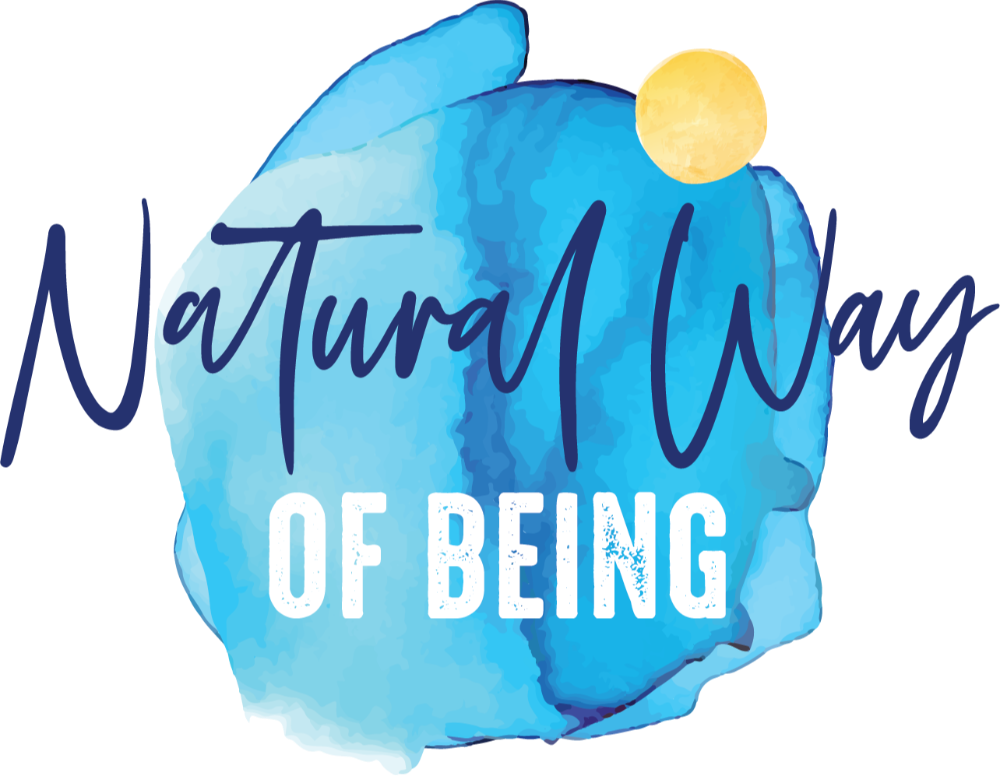The Commentary
Jul 31, 2023Video Summary:
Summertime on the Medicine Wheel is a time that we try new things in our new way of being and a new way of navigating through life. We use trial and error to find out what works and what doesn't work. We discover whether the things presenting themselves to us are new doorways or repeats of old patterns.
So we're learning, sorting, and noticing things. And we need a way of becoming aware and noticing what's going on. Say I notice myself in the old pattern. If I want to free myself from that pattern, there are a few things that are necessary and some things that may not be necessary.
What is necessary is that I see the pattern, that I see the truth. And if there's a feeling there, it is necessary that I feel it. If I'm in an old pattern and it brings an unfortunate or unwanted outcome, there may be some feeling there. We're increasing the awareness and then feeling what’s there.
There's a third thing that often comes along with these, and it is what some people call our story. It is the commentary that is generated by our belief system. It may say, “Because I did that, I am wrong or deficient." And then I feel guilty and ashamed.
When I started my spiritual journey, who I am was fused with my belief systems. In other words, I thought my belief systems were me. I thought I was my story. And I thought the dialogue or commentary that was going on inside was who I was.
As I became more aware of my belief system, I slowly started creating some separation between my belief system and my true nature. Then when I experienced some things that seemed like me, I could say, “Maybe that's not really me.”
I think a lot of you watching this video have created some separation and can now see your belief system, and that critical voice. Another really good word for it is the internalized parent or critical parent because that's where we often pick those belief systems up from.
Our parents did the best they could. I had a really strict father, so I had this internalized parent that when I would make a mistake, I'd say to myself what he said to me, “Mike, you did a piss poor job.” He was trying to discipline me, but it became this strict, internalized parent that became part of my commentary.
One of the best metaphors I've heard of our commentary was shared by the spiritual teacher, Adyashanti. He compared our commentary to a sports commentator. Picture the game is going on, and the commentator is adding all this extra drama and intrigue, and perhaps a human interest story.
We're conditioned to thrive on the commentary and its drama. It's amplified and larger than life. And we get so accustomed to us that it helps us feel alive. And it also becomes part of our change process.
So we add the third step. We (1) see the behavioral pattern, (2) we feel the behavioral pattern, and (3) we experience the commentary about the behavioral pattern. It might be, “I'm a really selfish person.”
And then (4) the commentary often will have an additional reactionary feeling. Cognitive behavioral therapy or CBT is mostly managing these additional feelings that you get based on your commentary.
So by now, you may realize that you are not your critical parent, story, or commentary. My truth is that I'm more what's observing the commentary than the commentary itself. So I'm separating, teasing out, and creating separation between my critical commentary and my true self.
So when I make a change, I don't believe the commentary. All I need to do is see myself in the old pattern or making a mistake, feel it, and learn from it. I can simply say, “That didn't work. I guess I'll try something else.” There's no guilt or shame. I don't need to beat myself up and feel bad for learning.
I had to wean myself off from the larger-than-life, amplified drama of my story. I was addicted to it in a way. I still hear my commentary from time to time. But since there's more separation, I can say to myself, “That's just my commentary. I don't really need to go there.”


